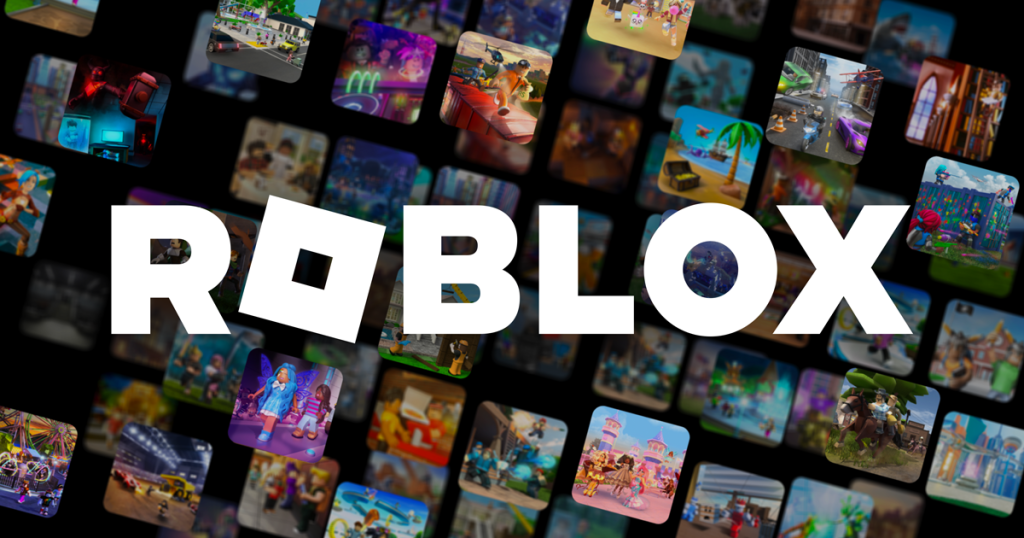CONCERNS OVER ‘THE GAME’ on Roblox
Coventry Safeguarding Children’s Partnership has been made aware of a viral post circulating on social media about an alleged self-harm ‘game’ being shared on popular gaming platform Roblox. The Ineqe Safeguarding Group , who have expertise in online safety and safeguarding, are currently saying they are unable to substantiate it however they have seen several media outlets and concerned parents and carers sharing a screenshot of the post.
What is ‘The Game’?
According to the Facebook post, ‘The Game’ is a list of self-harming actions for children and young people to complete, often in view of their family and friends. It is allegedly shared via Word document on Roblox and Snapchat.
Actions include self-harm prompts, such as cutting, overdosing, starving, and bruising. There are multiple references to “ending your own life” with one part stating the “only way to win [the game] is to die”. It also states different methods of suicide, as well a timeline for when to do so during the game.
Most notably, there is a reference to ‘players’ receiving an anonymous message in Snapchat that includes the word ‘dare’, with further self-harming instructions. It also encourages the person to involve or harm other people, such as siblings and friends.
What you can do
· Do not share the post. We advise against sharing any post containing the screenshot of ‘The Game’ on social media. Instead, share information and advice that will educate others without relying on fear or outrage.
· Pause, think, and plan. It’s important to go through these steps before having a conversation with your child about any online challenge.
· Discuss Trusted Adults. Have your child outline who they would talk to if they encountered something upsetting or worrying online, and encourage them to always do this first.
· Focus on online safety. Discuss online behaviour like harmful content and bullying. Remind them not to share any of their account names or mobile numbers with strangers, and to keep personal information private.
· Do not directly mention ‘The Game’ – unless your child is the one to bring it up. Mentioning it may encourage them to seek it out or ask their friends, which might increase interest.
· Talk about the risks. Choose a comfortable, non-hurried place and time to have a conversation about online harms. Use open-ended questions and try not to directly mention any specific incidents (unless necessary).
· Highlight helpful sources. Encourage them to use helpline like Childline or Papyrus if they are worried about their mental health and need to speak to someone, but are afraid of what a close friend or family member might think. It is anonymous and available 24/7!
